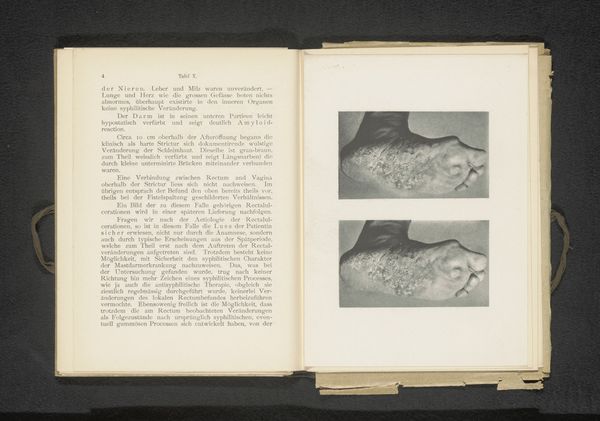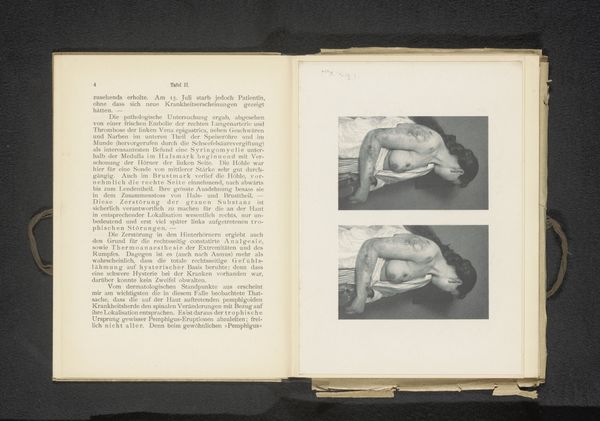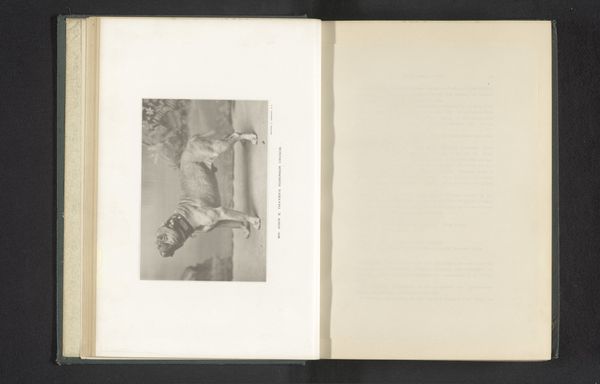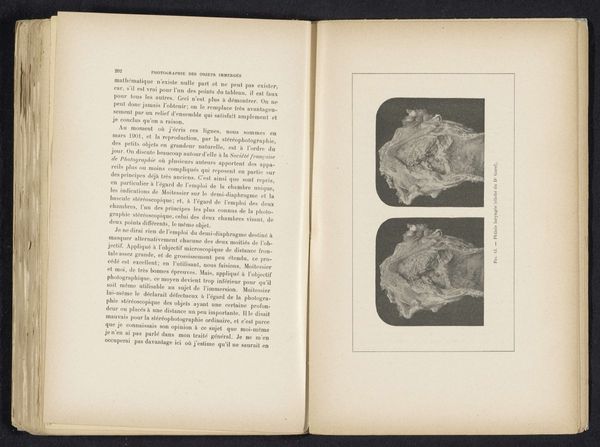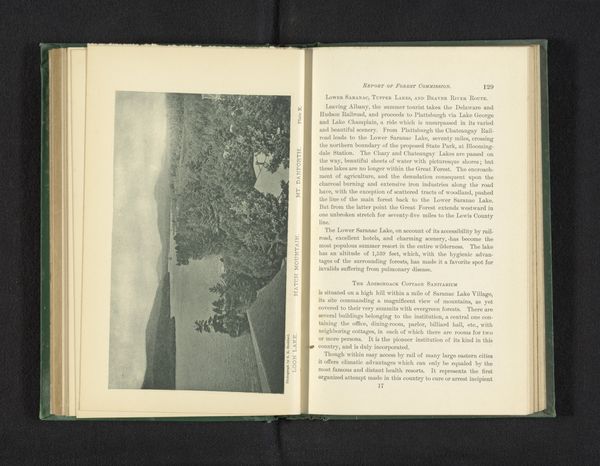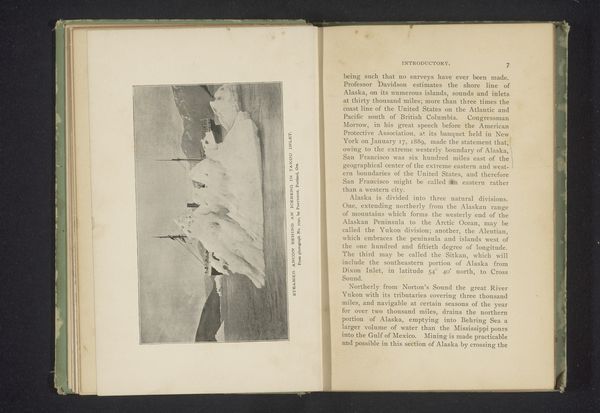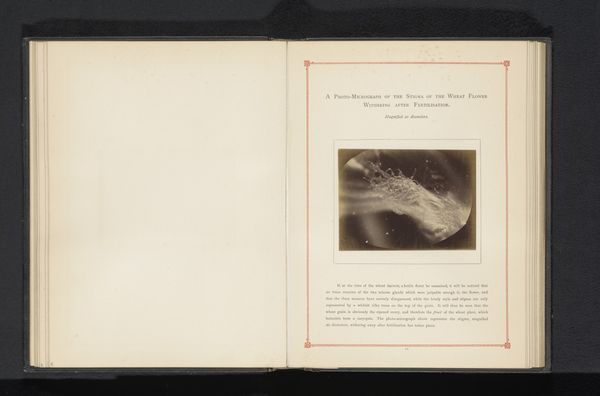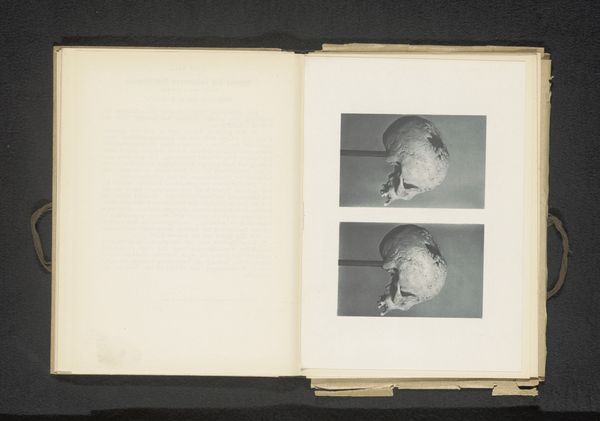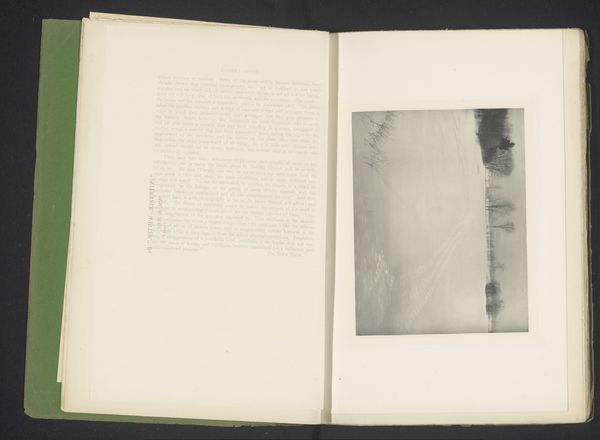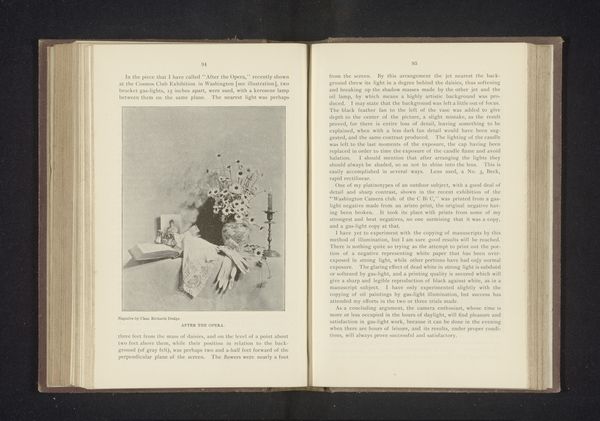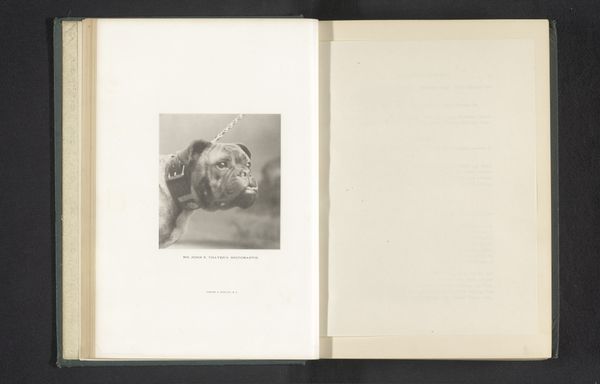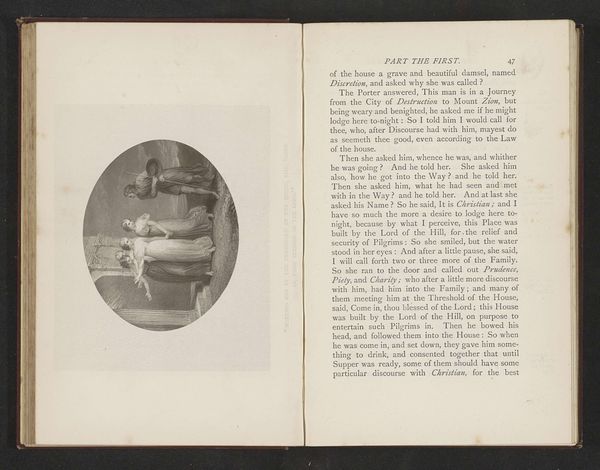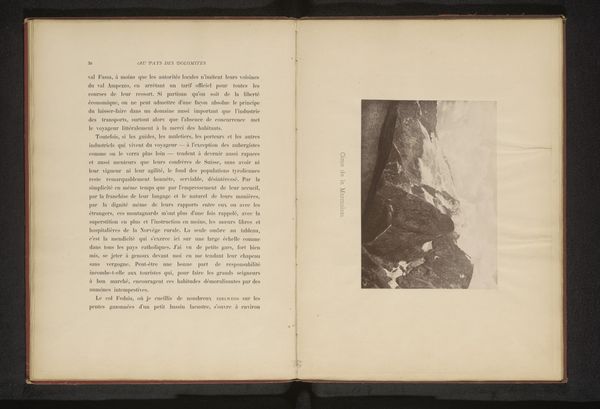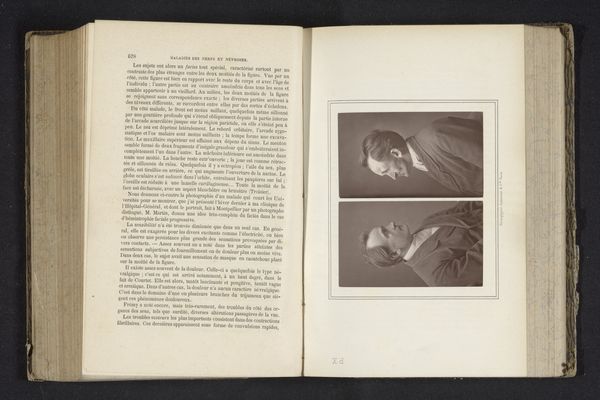
Twee aanblikken van een patiënt met huidzweren op de rug als gevolg van syfilis before 1894
0:00
0:00
print, photography
#
portrait
# print
#
photography
#
history-painting
#
academic-art
#
realism
Dimensions: height 126 mm, width 175 mm
Copyright: Rijks Museum: Open Domain
This medical photograph, included in a book, made by Albert Ludwig Sigesmund Neisser, presents two views of a patient's back ravaged by syphilitic ulcers. The ulcers themselves are a stark symbol. In the context of art history, lesions and bodily afflictions often become powerful symbols of mortality, sin, and the transient nature of human existence. We can recall the "Ecce Homo" depictions, where Christ is presented with wounds, or the depictions of saints marked by disease as a sign of divine suffering. Throughout time, medical imagery like this has served a dual purpose: to document and to warn. It reminds us of our vulnerability and the ever-present threat of decay and disease, a theme that resonates across centuries, from medieval morality plays to contemporary performance art. It's a stark reminder of our shared human fragility.
Comments
No comments
Be the first to comment and join the conversation on the ultimate creative platform.
